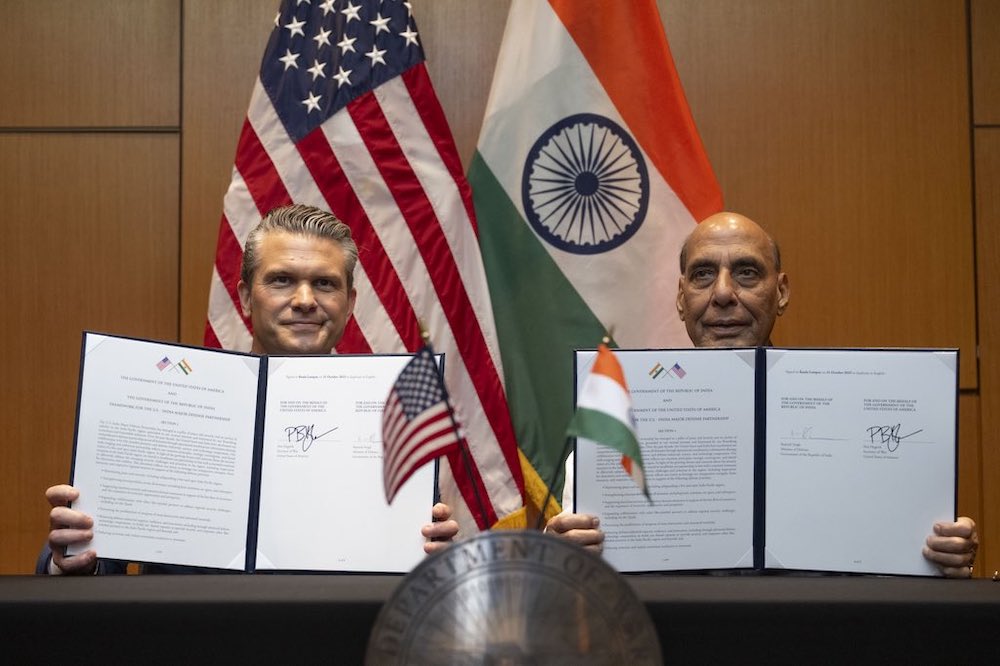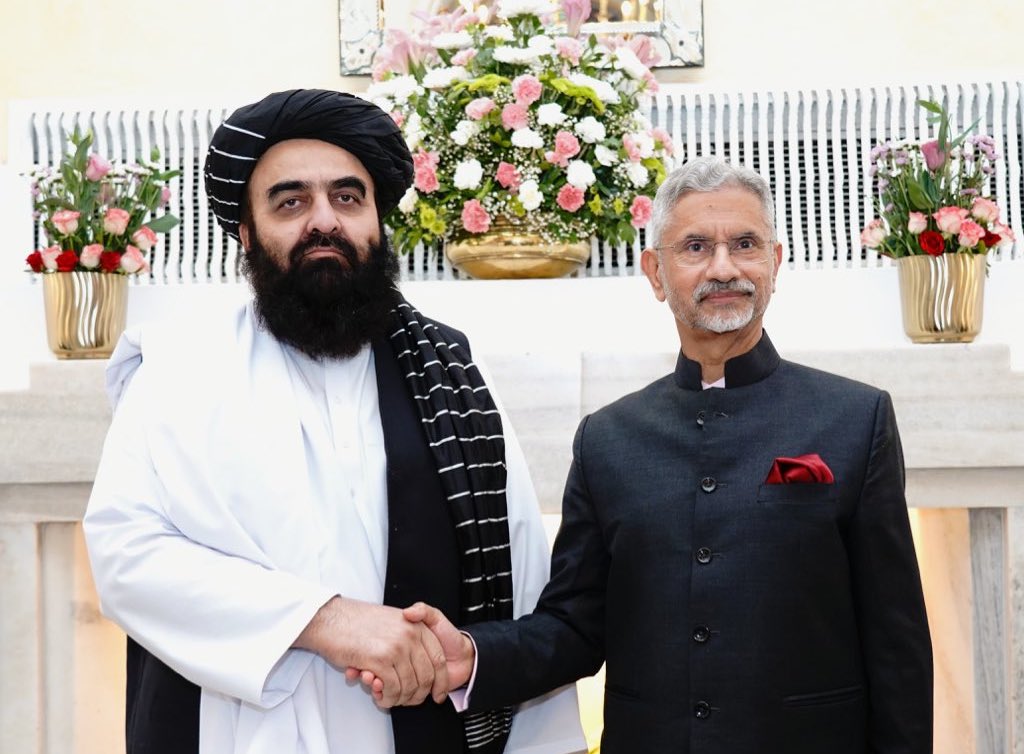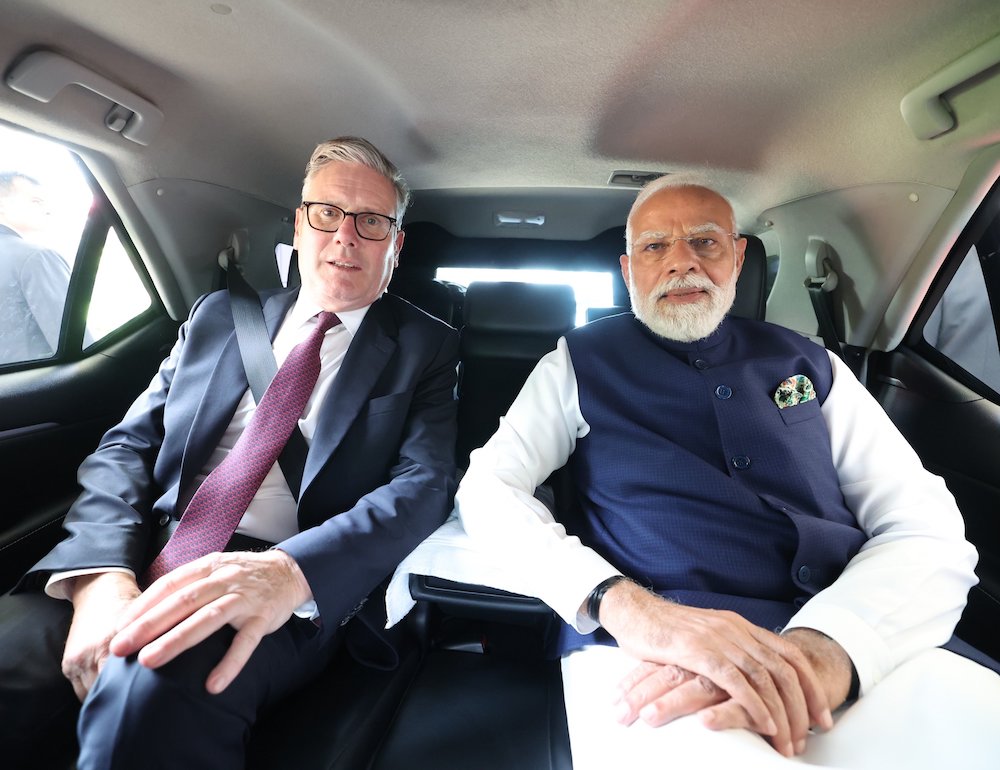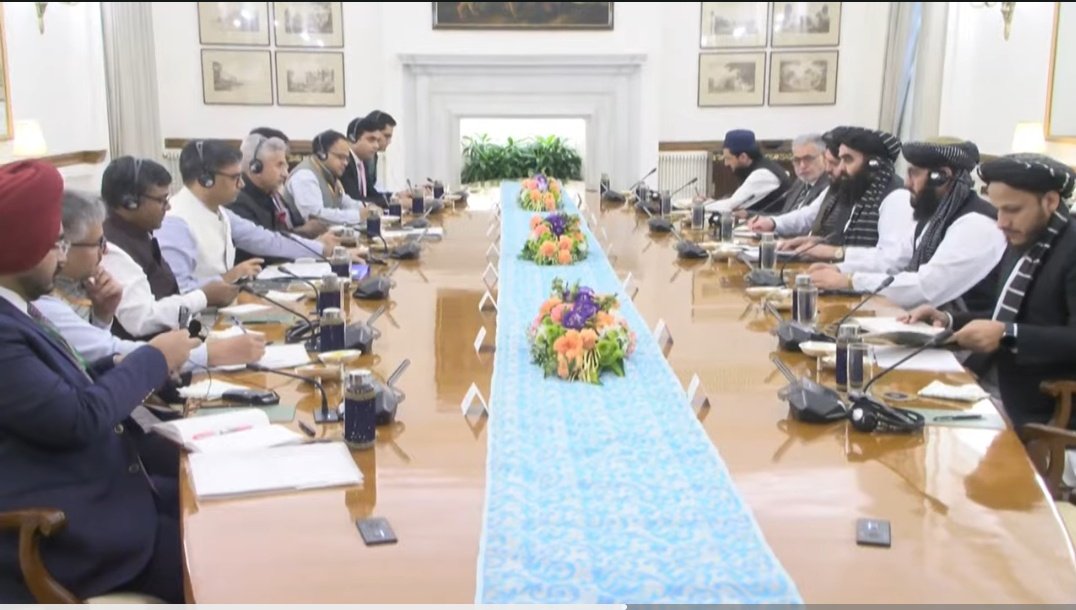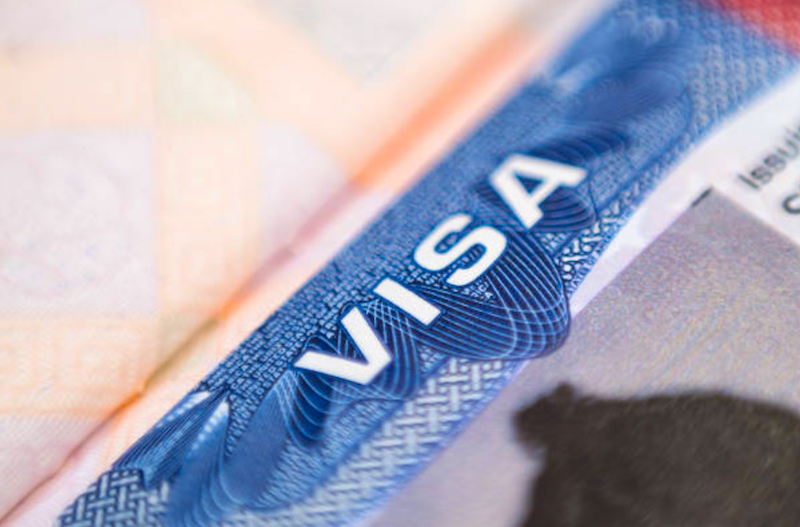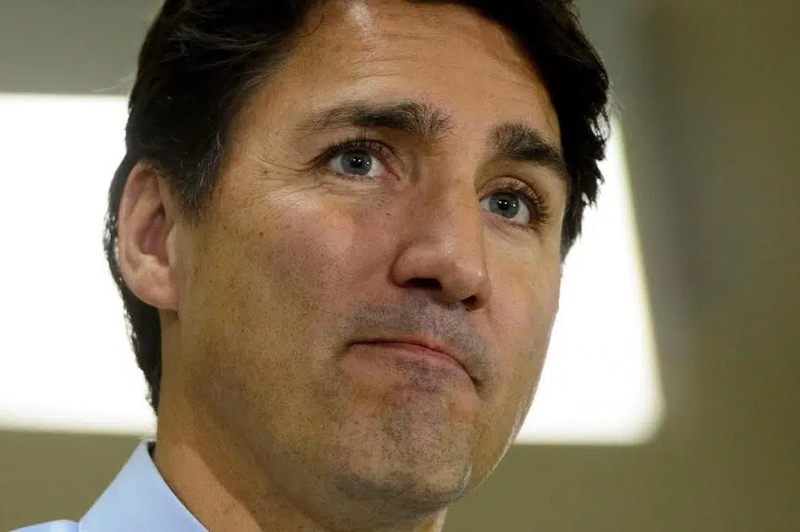 Justin Trudeau. (File photo)
Justin Trudeau. (File photo)
New Delhi: Canada’s prime minister, Justin Trudeau, announced that his country has taken decisive action against the Indian government following an investigation into the murder of Canadian citizen and pro-Khalistan activist, Hardeep Singh Nijjar, on Canadian soil. According to Trudeau, the Royal Canadian Mounted Police (RCMP) presented “clear and compelling evidence” that Indian government agents were involved in this killing and continue to engage in activities threatening public safety in Canada.
It may be noted that Trudeau’s statement in his country’s parliament, in September 2023, started the current diplomatic fallout between New Delhi and Ottawa, in which he alleged the involvement of the Indian government in Nijjar’s murder, as India Sentinels had reported.
In a statement [archived link], released on early Tuesday morning India time, Trudeau said these activities include “clandestine information gathering, coercion of South Asian Canadians, and involvement in over a dozen violent acts, including murder”. The Canadian prime minister alleged that despite attempts to collaborate with Indian authorities, the Canadian government has faced repeated refusals to cooperate from New Delhi.
In response, Trudeau said, Canadian officials met with their Indian counterparts to share evidence implicating six Indian government agents as “persons of interest” in criminal activities. Given India’s continued non-cooperation, the Canadian foreign minister, Mélanie Joly, issued deportation notices for these individuals, revoking their diplomatic status and barring their re-entry to Canada.
Trudeau emphasized that Canada will not tolerate foreign government involvement in threatening or killing Canadian citizens on Canadian soil. He described such acts as violation of sovereignty and international law. He called on India to cooperate with the investigation, cease its inaction and misleading rhetoric, and align its position on extrajudicial operations abroad with international law.
Trudeau acknowledged the impact of these revelations on Indian-Canadian and Sikh communities and expressed his understanding for their safety concerns. He also said Canada respects India’s sovereignty and territorial integrity, and expects reciprocal treatment to his country from India.
The Canadian prime minister concluded his statement by reassuring Canadians of his commitment to protect their safety and take necessary actions, emphasizing that this step was taken to disrupt ongoing criminal activities posing a threat to public safety in Canada.
Earlier, on Monday, the India-Canada diplomatic row over Nijjar’s killing escalated sharply with India’s foreign secretary (east) summoning the Canadian acting high commissioner, Stewart Ross Wheeler, to explain his country’s position in naming Sanjay Kumar Verma, Indian high commissioner to Ottawa, as one “person of interest” in the Nijjar murder case. New Delhi also issued a strongly worded statement through the Ministry of External Affairs (foreign ministry) dismissing all the allegations against the Indian government and diplomats and termed them as “preposterous”, as India Sentinels reported.
Later, both Canada and India expelled six diplomats from each other’s country in a tit-for-tat move. This includes Wheeler, who had been the acting high commissioner of Canada in New Delhi. Later, after meeting Indian officials, Wheeler interacted with reporters where he said he was after being summoned that his government had shared “incredible and irrefutable evidence” of ties between Indian government agents and the murder of a Canadian citizen (Nijjar) on Canadian soil.
He also said New Delhi must probe the allegations and that his country “stands ready to cooperate with India”.
The foreign ministry, in a statement [archived link], said, “India reserves the right to take further steps in response to the Trudeau government’s support for extremism, violence and separatism against India.” The foreign ministry also said it was “withdrawing” its top envoy and other diplomats.
The foreign ministry said: “We have no faith in the current Canadian government’s commitment to ensure their security. Therefore, the government of India has decided to withdraw the high commissioner and other targeted diplomats and officials.”
However, this came after Canada moved to expel the Indian diplomats, according to several media reports.
Later, on Monday, the Canadian police said they had taken the unusual step of publicly disclosing information about an ongoing investigation due to “significant threat to public safety” in the country.
In a news conference in Ottawa, the RCMP commissioner, Mike Duheme, said there had been “over a dozen credible and imminent threats to life”, which were “specifically” focussed on the pro-Khalistan activists. It’s worth noting that Canada hosts the biggest Sikh population outside of India.
He said the threats were serious enough to make the RCMP intervene into this matter publicly. “We reached a point where we felt it was imperative to confront the government of India,” Duheme said.
The RCMP also alleged that Indian government agents were collaborating with the Lawrence Bishnoi gang to spread terror in Canada.
In the same news conference, the RCMP assistant commissioner, Brigitte Gaubin, said, “What we have seen is the use of organized crime elements, and it’s been publicly attributed to one organized crime gang in particular the Bishnoi group is connected to the agents of India.”
Bishnoi, 31, is a notorious gangster originally from Punjab but runs his illegal activities in several countries, including North America.
He is currently lodged in Gujarat’s Sabarmati Central Jail. However, his incarceration doesn’t seem to have affected his activities, which he is believed to be guiding from inside the jail. His gang is suspected to be behind the recent assassination of a senior Nationalist Congress Party (Ajit Pawar) MLA, Baba Ziauddin Siddique.
Siddique was shot dead outside his son’s office on October 12.
Later, the RCMP released a statement [archived link] in which it said Canadian law enforcement has identified numerous serious threats against members of the South Asian community, particularly those supporting the Khalistan movement. These threats were deemed credible enough to warrant official warnings. In response, RCMP established a specialized team in February 2024 to investigate and address this issue.
This team has uncovered extensive evidence suggesting that representatives of the Indian government are orchestrating criminal activities that endanger Canadians and residents of Canada. Despite efforts by law enforcement to curb these activities, the threats have persisted, posing a significant risk to public safety.
The situation escalated to a point where Canadian authorities felt compelled to directly challenge the Indian government and disclose certain critical findings from their investigations to the public. This decision was made due to the severity and ongoing nature of the threat.
Last week, the Canadian foreign minister, Mélanie Joly, described the current state of Canada-India relations as strained and challenging. She expressed concerns about the possibility of additional targeted killings in Canada, similar to the incident involving Nijjar.





